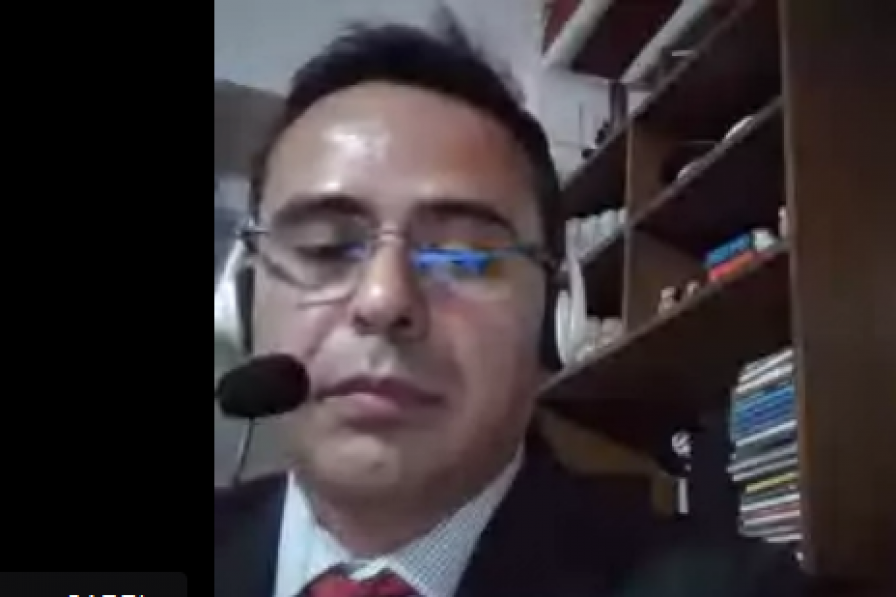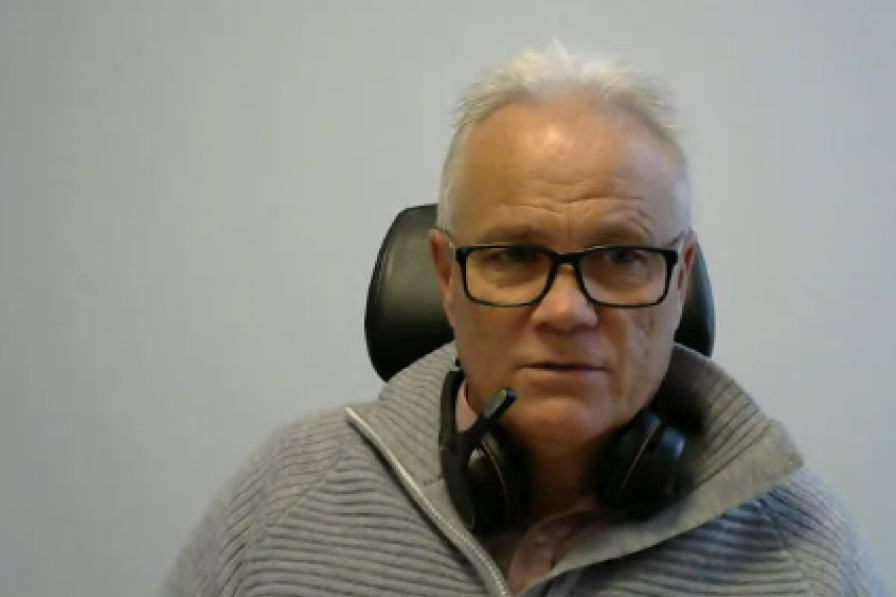On its third day, the Fifty-seventh Session of the International Tropical Timber Council (ITTC-57) and the Associated Sessions of its four Committees considered two issues of great importance to the International Tropical Timber Organization (ITTO)—the Strategic Action Plan (SAP) 2022-2026, and the administrative account and working capital reserve (WCR). Central to the ITTO’s functioning: the former forges a path forward for the remainder of ITTA, 2006; the latter allows the ITTO to keep the lights on, while moving the organization forward.
At ITTC-56, the Council requested the ITTO Executive Director (ED) to develop the SAP for 2022-2026 for consideration and approval at ITTC-57. A working group was established to develop the SAP 2022-2026, the result of which was presented to the Council. The working group proposed the following elements as part of the SAP:
- A new mission statement for the ITTO, outlining ITTO’s role “To facilitate discussion, consultation, international cooperation and policy development on the expansion and diversification of international trade in tropical timber from sustainably and legally harvested forests and on the sustainable management of tropical forests.”
- Four strategic priorities: Governance, investment, legal and sustainable supply chains, sustainable forest management; Contributions to economies and resilient livelihoods; Deforestation, restoration, biodiversity, ecosystem services; and Trade statistics and information.
- Four cross-cutting strategies: Capacity building in member countries; ITTO operational effectiveness; COVID-19 recovery; and Gender equality.
- 38 associated targets.
Council members responded favourably to the proposed SAP 2022-2026, however many underscored the importance of resource mobilization to support the implementation of the Plan.
Resource mobilization was also at the center of discussions on the administrative account and WCR. Decision 2 (XXXIV) authorizes the ED to transfer an amount not exceeding USD 300,000 from the WCR to the administrative accounts if there are administrative budget shortfalls. In recent years, there have been fewer members making timely contributions and a greater number of late or non-payment of contributions. This makes the operations of the Organization particularly challenging.
The Secretariat requested that the amount that could be withdrawn at the ED’s discretion be increased to USD 1 million per year. They also asked the Council to consider innovative ways to encourage payment of arrears and contributions, such as through enhanced discount schemes or an updated write-off scheme. Members largely agreed that, at least in the short term, the Secretariat should be allowed to draw on a larger proportion of the WCR. There was some question around whether this should be allowed in the long term, as well as which methods are most appropriate to encourage members to pay their contributions on time. Delegates agreed to establish an ad hoc working group that can address these issues intersessionally.
Other issues considered on Wednesday included:
- the report of the 56th Expert Panel for Technical Appraisal of Project Proposals;
- progress report on the implementation of the Biennial Work Programme 2021-2022;
- ITTO Fellowship Programme 2020 and 2021; and
- the draft communications strategy.
To receive free coverage of global environmental events delivered to your inbox, subscribe to the ENB Update newsletter.










